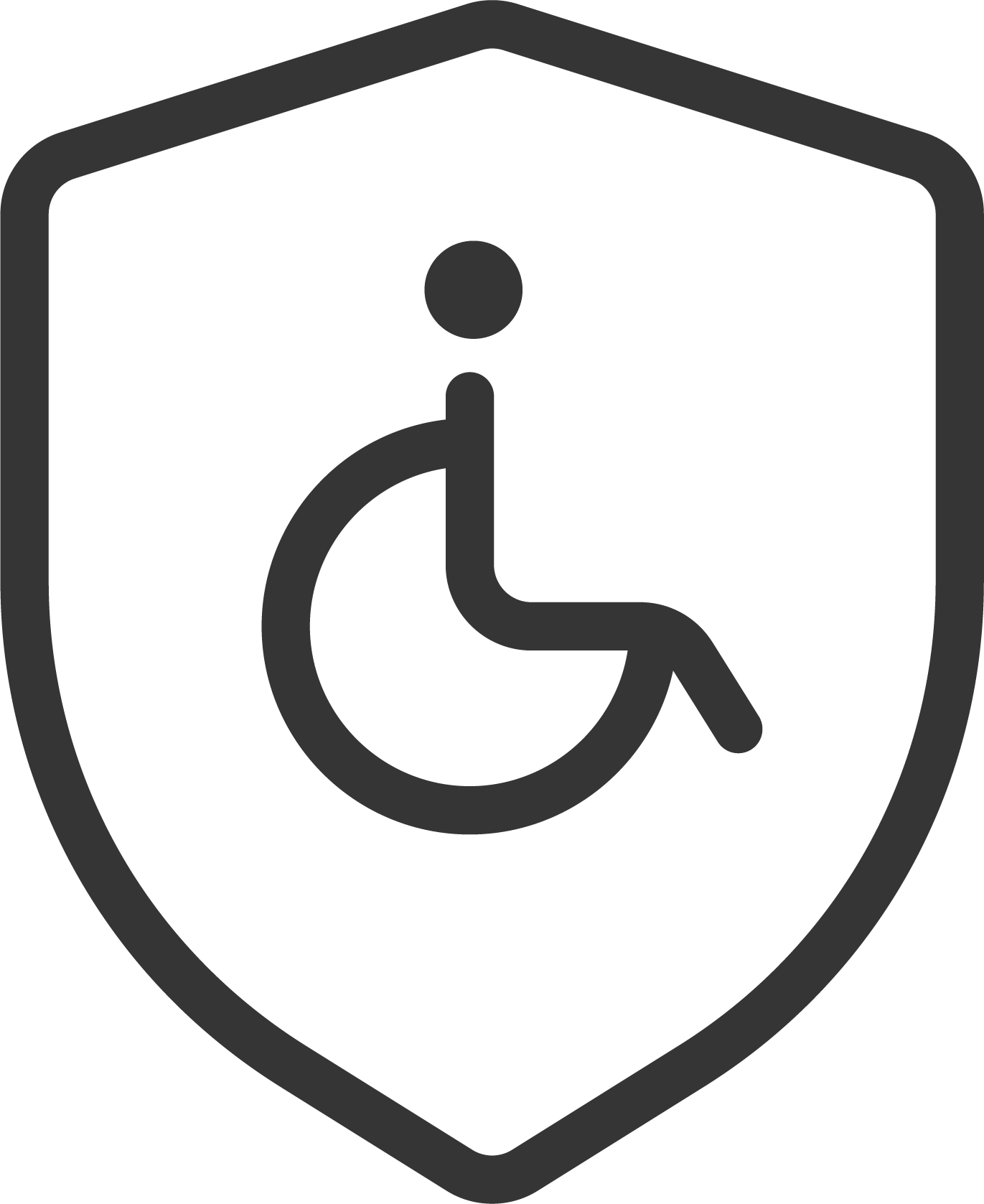Customized health insurance options designed to meet the unique needs of individuals, offering both essential and extensive coverage options.
All-inclusive insurance plans that provide protection for all family members, ensuring peace of mind with a range of health benefits.
Rapid response and coverage in emergency medical situations, offering assurance of immediate care and financial support.
Programs focused on preventive healthcare and promoting a healthy lifestyle, including regular health check-ups, fitness advice, and wellness resources.





